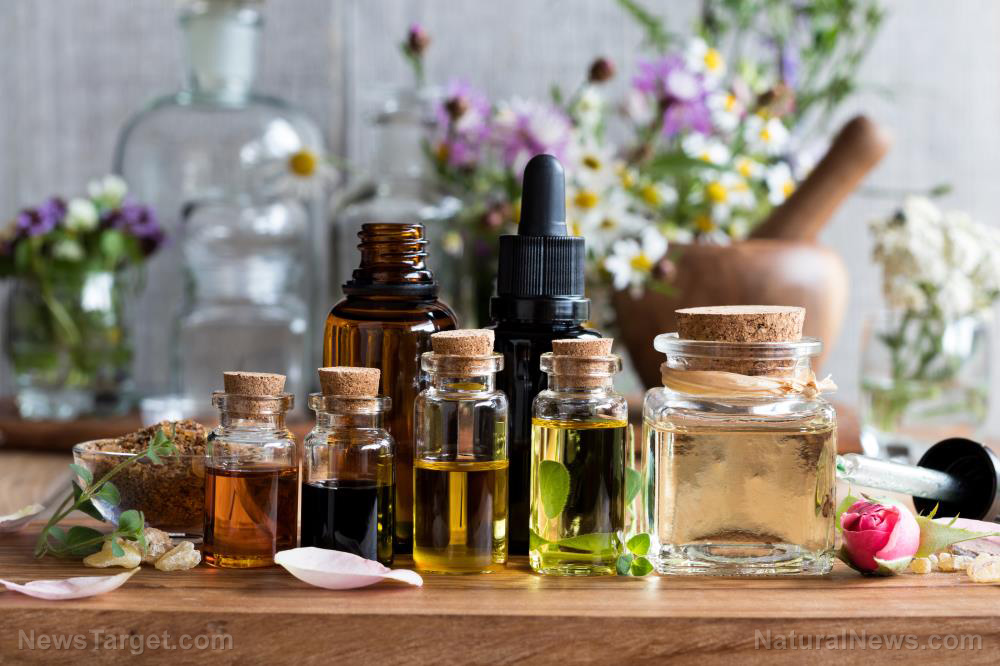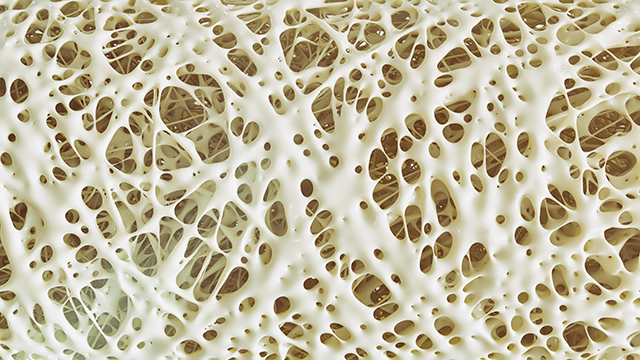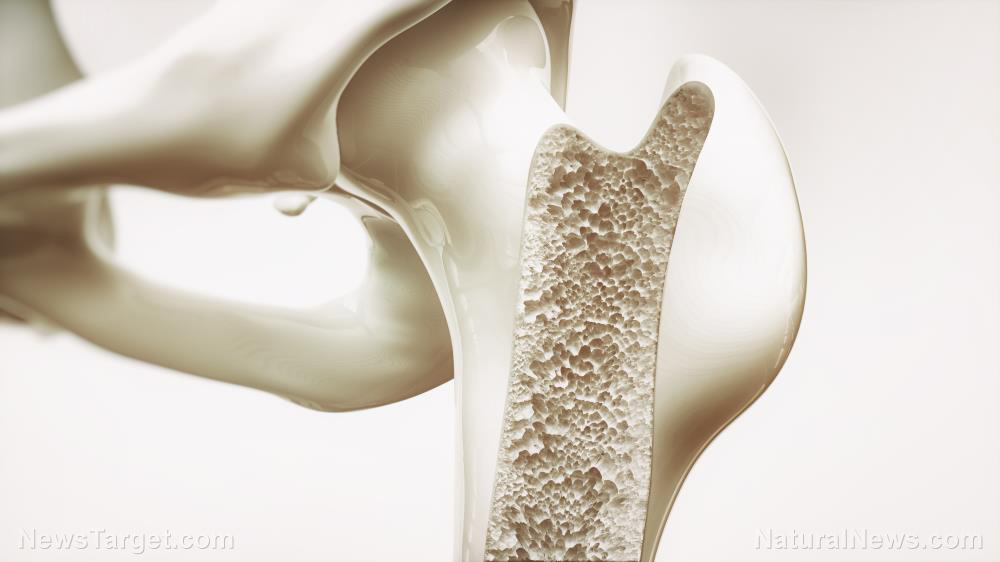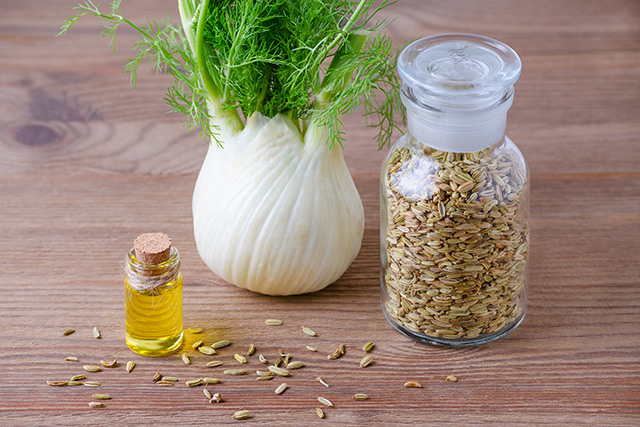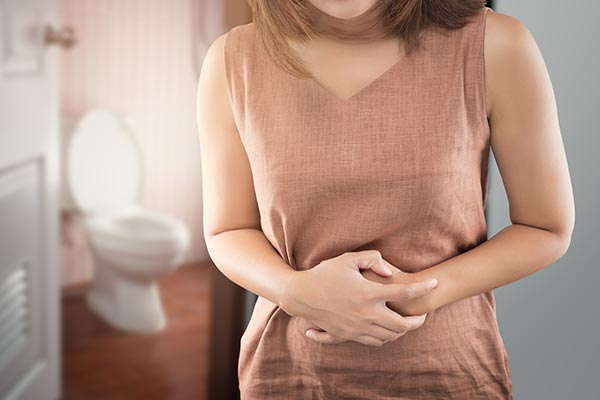A mother’s workplace exposure to solvents may increase a child’s risk of autism, caution researchers
06/09/2020 / By Arsenio Toledo

A recent study has found that a woman’s exposure to solvents at work makes her 1.5 times more likely to have a child with autism.
Surveys conducted across the United States suggest that one in every 68 children is now on the autism spectrum. While genetics plays a role in autism risk, several studies have also found a link between autism risk and prenatal exposure to environmental toxins and pollutants.
To further explore this, researchers from the National Institute for Occupational Safety and Health (NIOSH) took a closer look at the link between autism prevalence and exposure to toxins in the workplace.
This study, which was published in the journal Occupational and Environmental Medicine, uncovered a very strong link between the prevalence of children on the autism spectrum and mothers whose careers keep them in industrial workplaces where they’re exposed to harmful chemicals. (Related: More research confirms: There is definitely a link between autism and mercury.)
Exposure to solvents possibly a key factor
The NIOSH researchers theorized that pregnant women were accidentally exposing their unborn babies to toxins that may be altering their brain development.
To test this theory, the NIOSH team decided to focus on the effect that solvents have on prenatal development. Many industries from food manufacturing, dry cleaning, printing and pharmaceutical manufacturing use different kinds of solvents. Regulations state that workers need to be wearing proper protective gear whenever they have to handle solvents as exposure can cause cancer, brain damage and infertility. However, according to NIOSH, millions of workers across the United States are still exposed to solvents.
The NIOSH team gathered the personal, health and job history information of the parents of 951 children, 537 of whom had autism spectrum disorders. These were retrieved from the Childhood Autism Risks from Genetics and Environment study. All in all, the team obtained data from 750 mothers and 891 fathers.
The researchers had specialists examine the frequency and intensity of the parents’ exposure to 16 different agents linked to neurological and congenital abnormalities. These agents included medicines, pesticides, anesthetics, metals, asphalt, brake fluid, polymers and plastics, radiation, disinfectants, cleaners and solvents such as paints and degreasers.
The study found that most of the mothers were exposed to disinfectants, cleaners, solvents and ethylene oxide. Most fathers, on the other hand, were exposed to disinfectants, cleaners, solvents and metals.
More importantly, the team found that mothers who were exposed to the above-mentioned solvents several times a week were 1.5 times more likely to have a child with autism. Meanwhile, cumulative exposure to those solvents, even just once a week, nearly doubled their risk.
None of the other agents the NIOSH team surveyed was associated with a heightened risk of autism, regardless of whether the mother, the father or both were exposed to them.
The NIOSH researchers were quick to point out that their study was merely observational. It didn’t accurately explain why exposure to certain solvents made these women more likely to have a child with autism, and thus, they could not establish a concrete cause.
“However, these results are consistent with earlier reports that have identified solvents as a potential risk factor for [autism spectrum disorders],” said the researchers.
For more information about the many possible environmental causes of autism, visit AutismTruthNews.com.
Sources include:
Tagged Under: autism, Autism Spectrum Disorders, brain health, Chemical exposure, chemicals, children's health, solvent exposure, solvents, toxic chemical exposure, women's health
RECENT NEWS & ARTICLES
COPYRIGHT © 2017 WOMENS HEALTH NEWS






